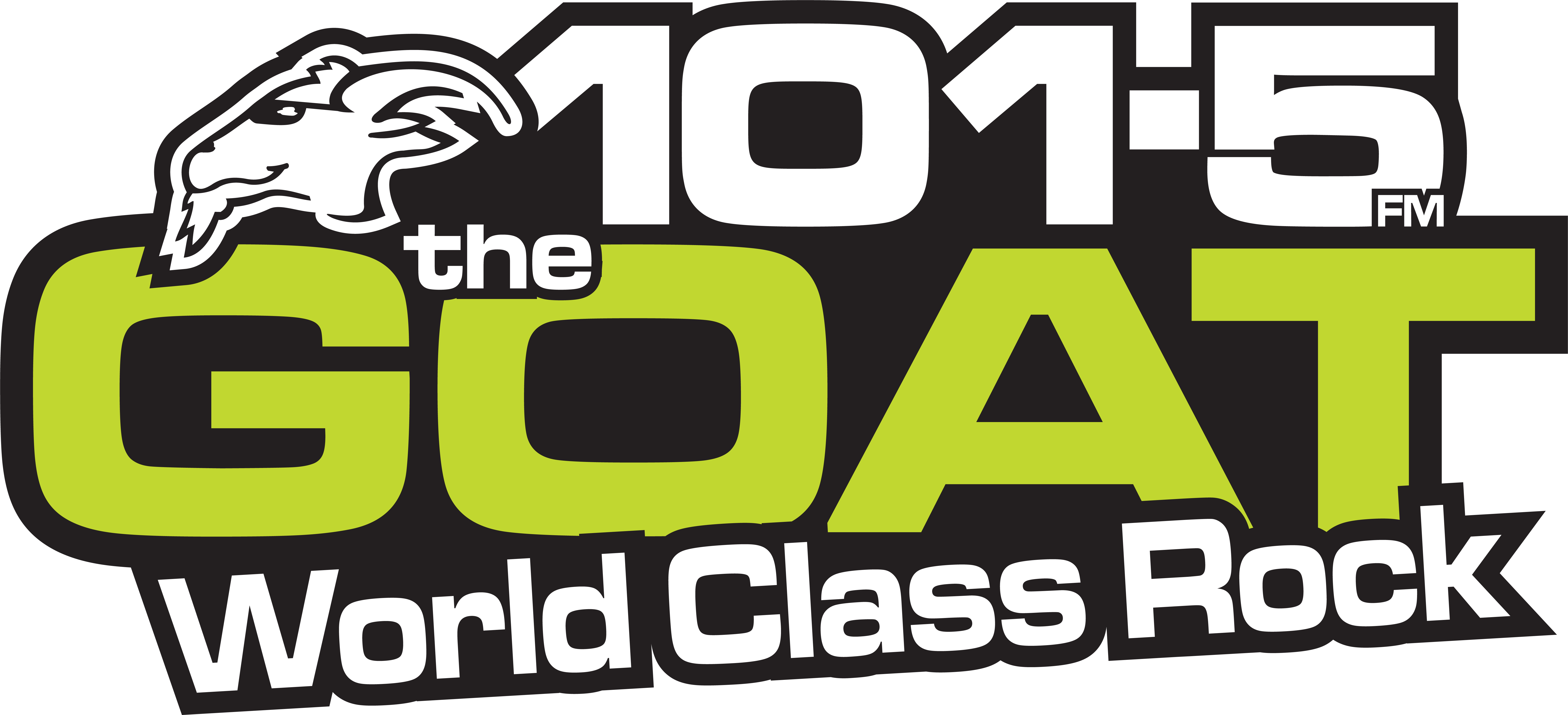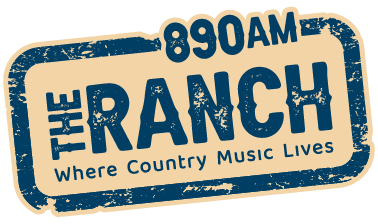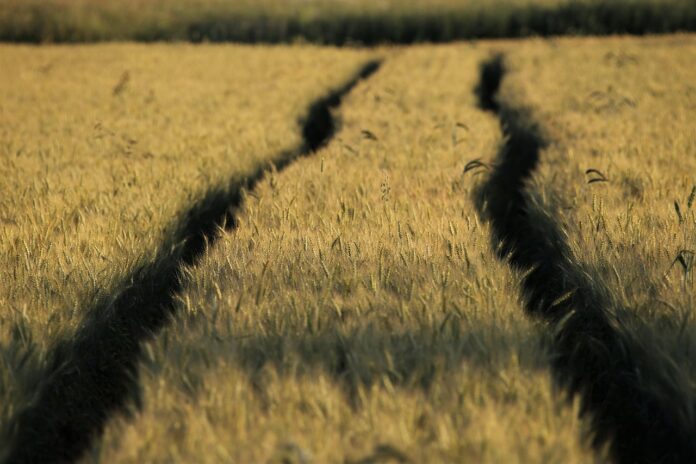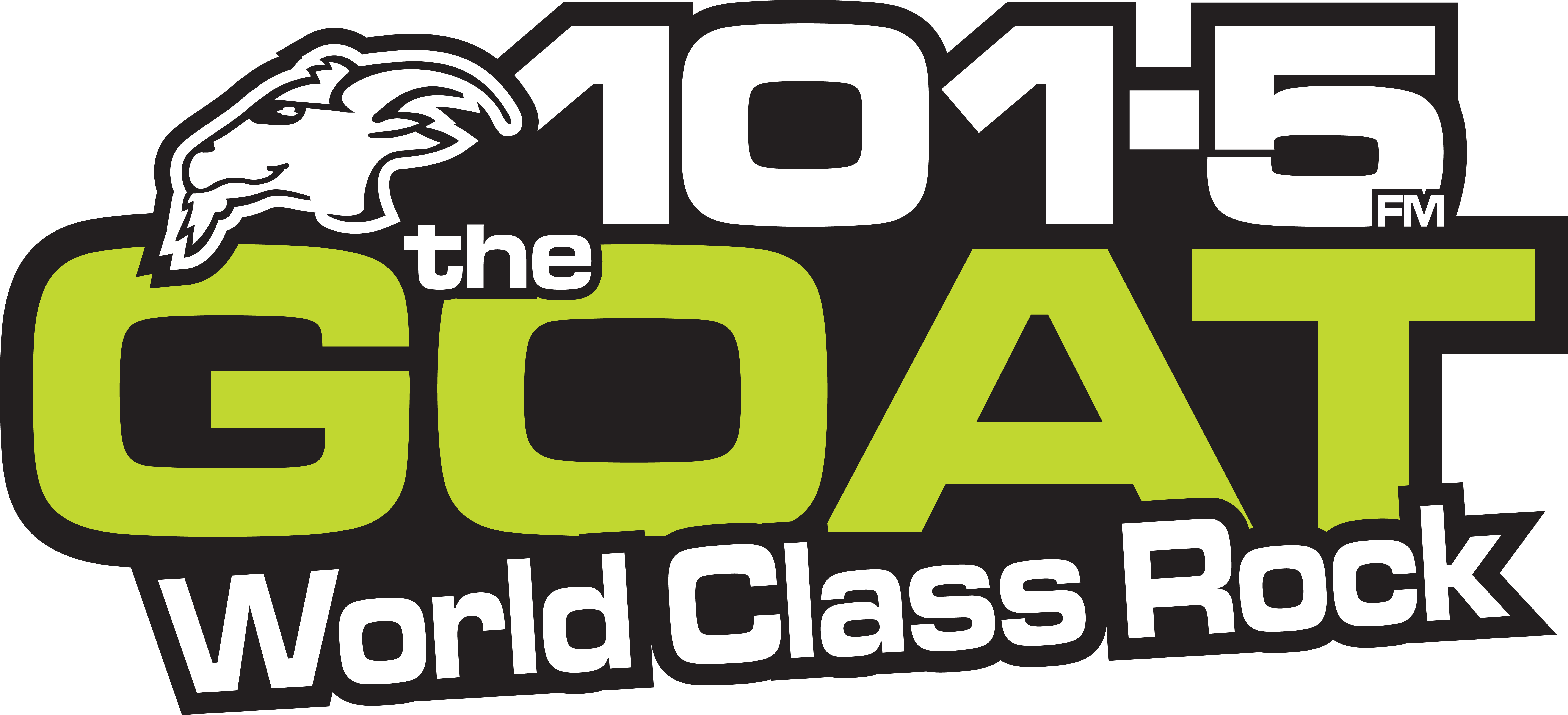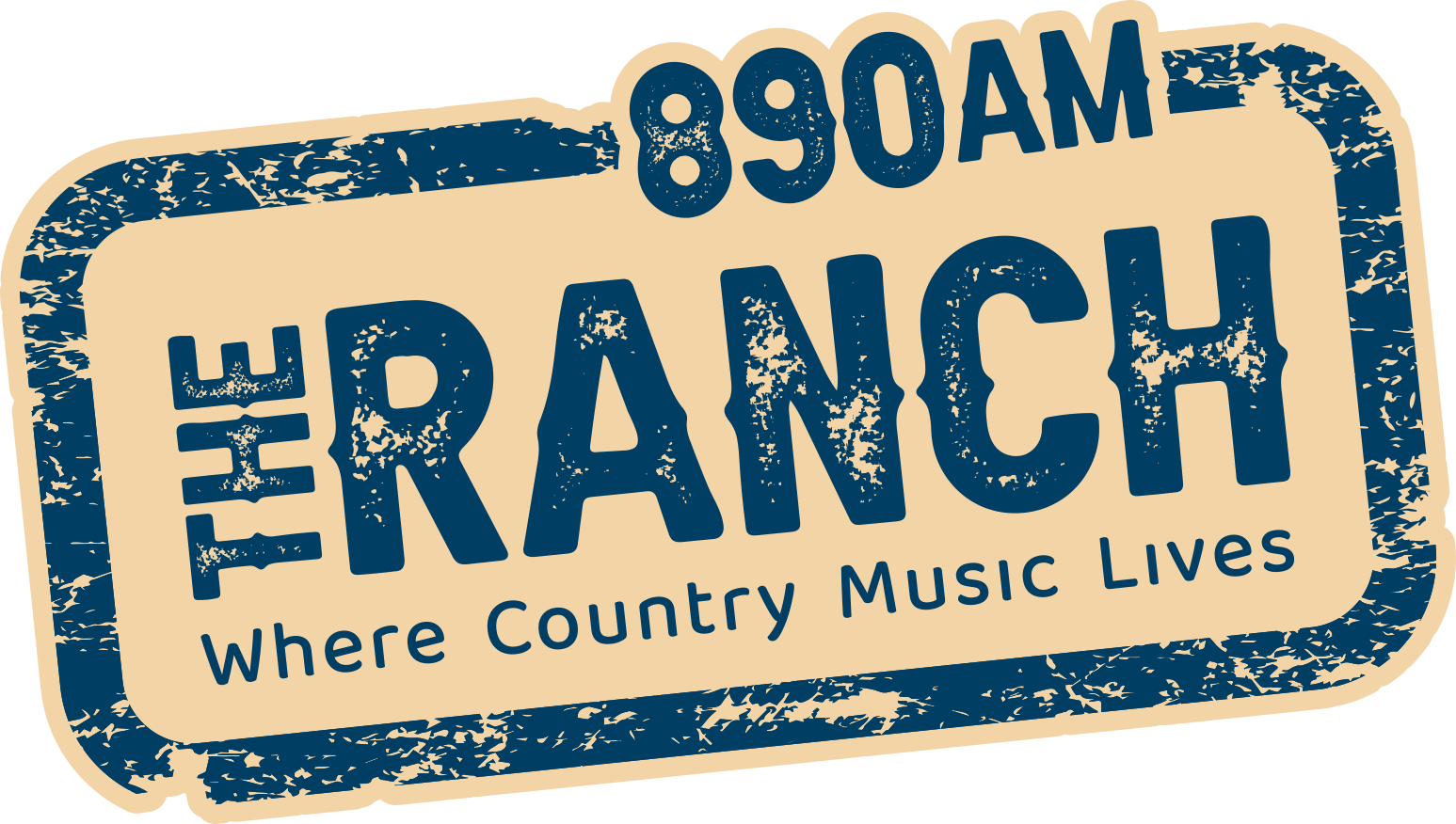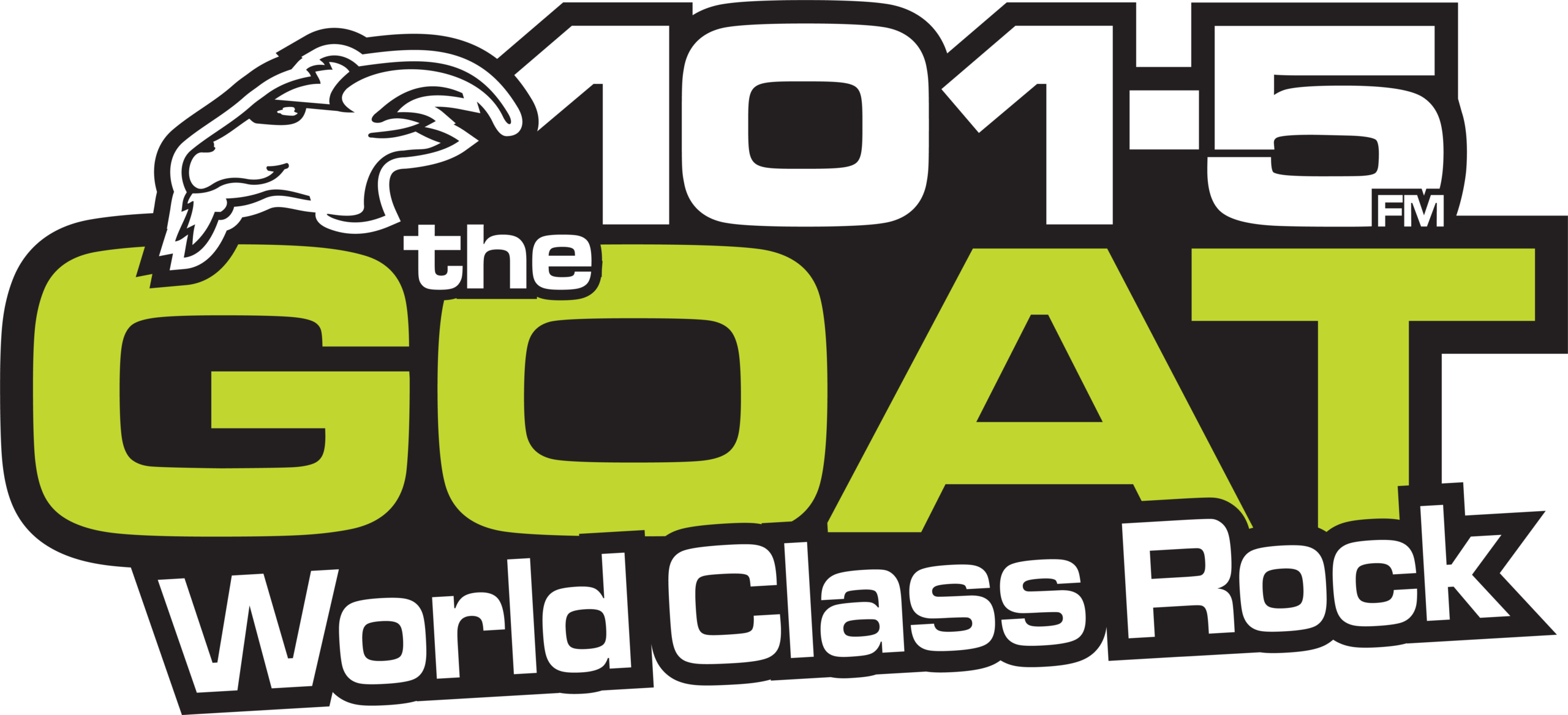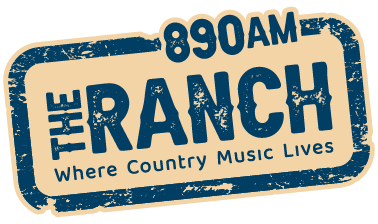The Peace River Regional District will intertwine with Cleanfarms B.C., the organization who collects agricultural plastics and waste from eight of the region’s landfills and transfer stations.
In doing this, the district also renewed its commitment to environmental protection, Leonard Hiebert, the board chair of the Peace River Regional District, said.
“Being a farmer myself, not everyone thinks of farmers as stewards of the land. If we don’t look after our land, our land is not going to look after us,” said Hiebert, who also sits on the board as a representative for Electoral District D.
“We have to be very cognizant of our resource that we do have – if we’re not going to treat it right, it’s like any other resource, it’ll go in the tank and we’re not going to have it going forward.”
This program allows for agricultural waste, specifically twine and grain bags, to be disposed of at one of the three landfills operated by the regional district, as well as select transfer stations. The district has regulated dumps near Fort St John and Dawson Creek, as well as one in Chetwynd.
“We started a partnership with Cleanfarms back in November of 2020 to start up a pilot project with egg plastics, and that ran from 2021 to 2023 – we extended it for an additional year,” said Hiebert. He noted the program does not accept all agricultural waste, but a report from the district’s staff, prepared ahead of the board’s August 14 regular meeting, said additional types of plastic can be accepted at a price.
For the non-profit environmental group to collect silage, a popular feed for cattle and other grazing livestock, and the plastic that tightly seals bale in for transport, it would cost the district $60,000 extra, according to a 2023 evaluation. The program can be altered to include pick-up of these materials at any time, according to the district’s staff.
Compared to when the program’s terms were offered last year, the price tag for the upcoming three-year period was 40 per cent less, the staff’s report said. The extension of the contract was recommended by staff and the board’s solid waste committee – it will cost $87,000, a price, Hiebert said, the board is willing to pay to protect the Peace’s environment.
“Communities know exactly what they need and the farmers, themselves, know what (the land) needs – whether it’s going to be growing grain, (or) whether it’s going to be growing hay for their livestock, it takes a whole community to make sure that the environment stays for the future generations” said Hiebert.
In 2028, the board will have the option to extend the agreement for another four years, though the renewals would be reviewed on a year-by-year basis. Staff said the program’s return at that time would be decided based on if the results were positive, which the board’s chair said the program has been yielding.
“The data from July 2021 to December 2024 (shows) we’ve collected 51,924 kilograms of grain bags and 2,300 bags of twine,” he explained.
A 2021 census, produced by the province’s Ministry of Agriculture and Food, found 32.4 per cent of the farmland in B.C. is in the Peace River region, this report also said an average farm in the Peace is 526 hectares.
With such vast amounts of land, Hiebert said the regional district’s board feels an obligation to be responsible stewards.

